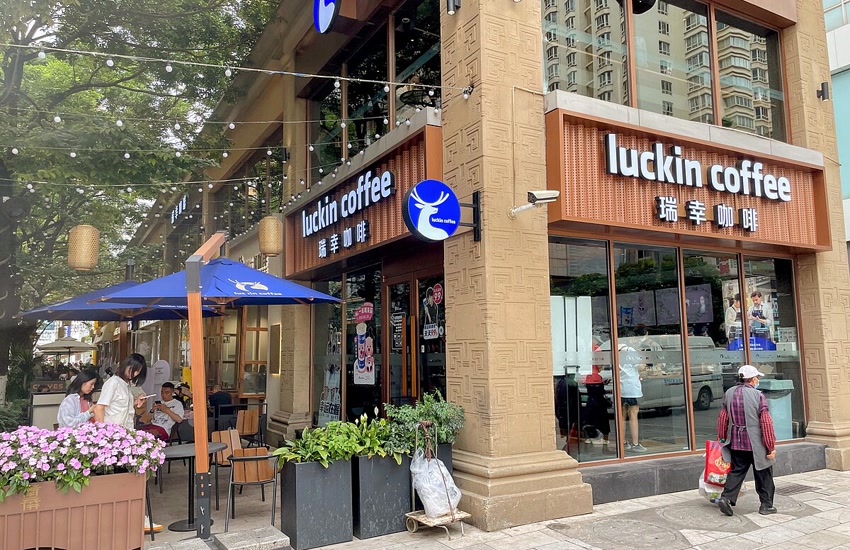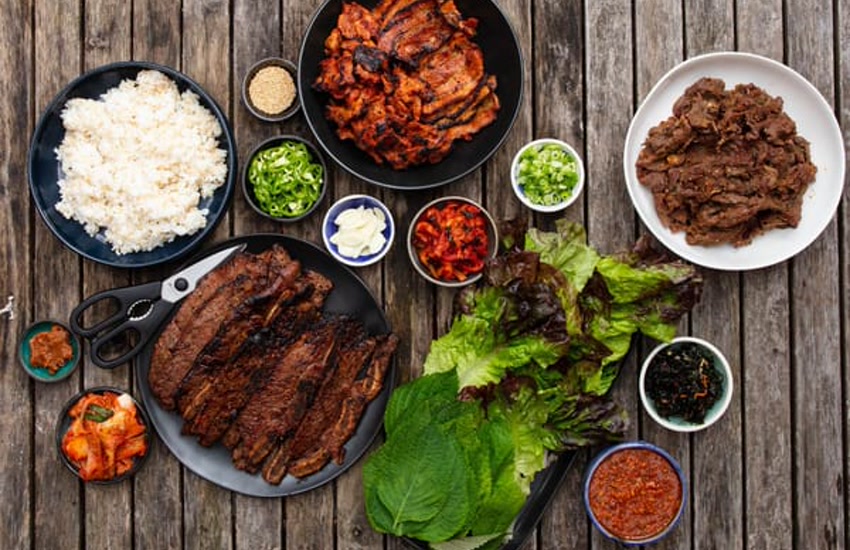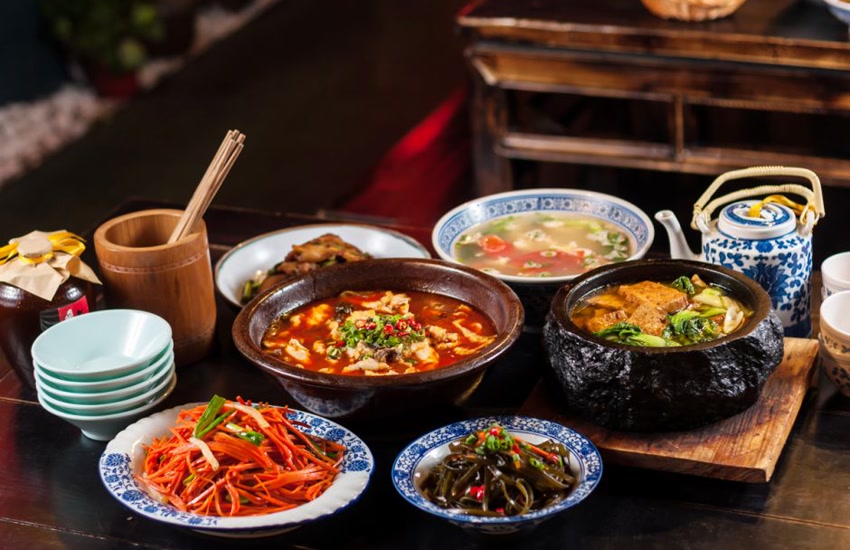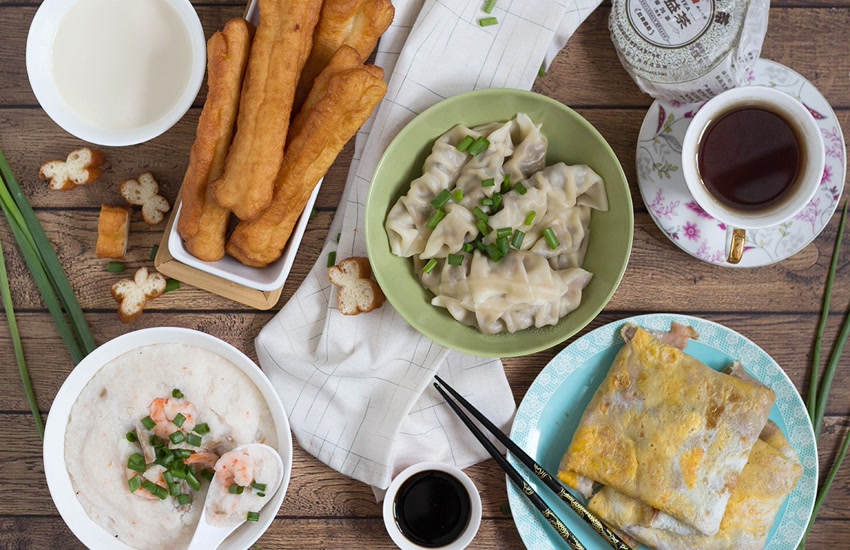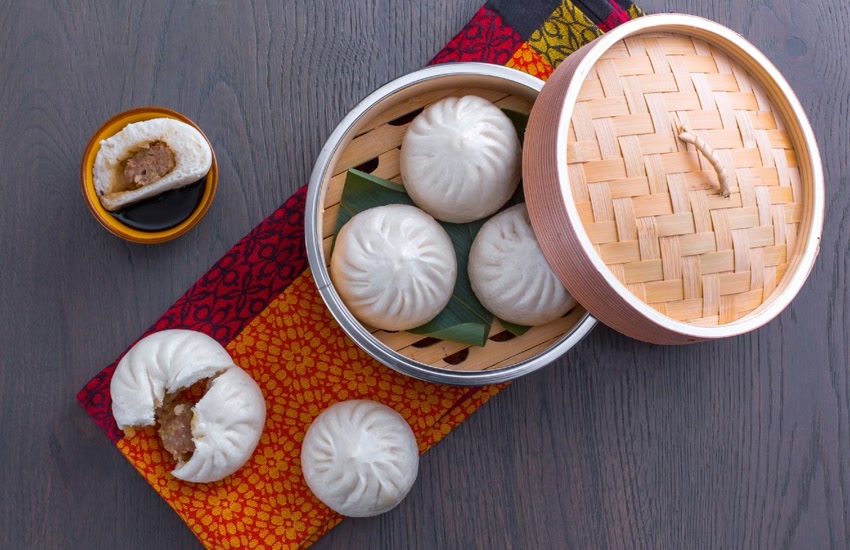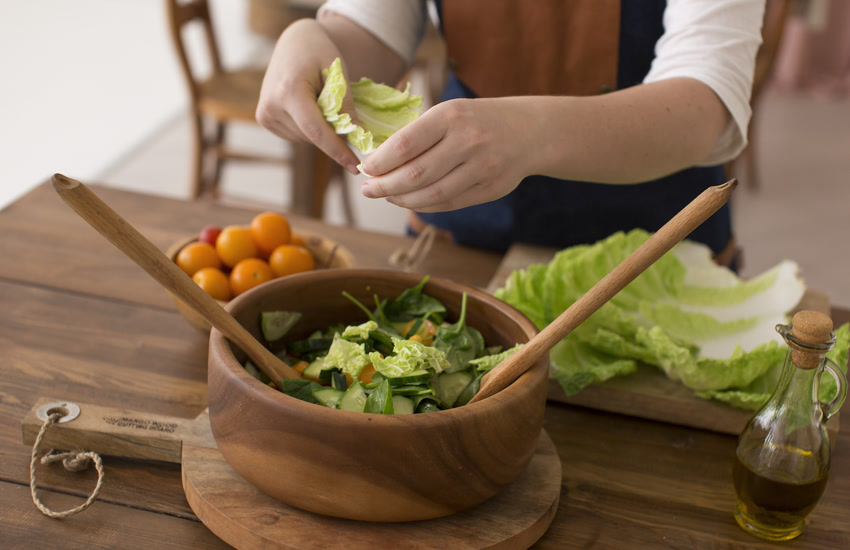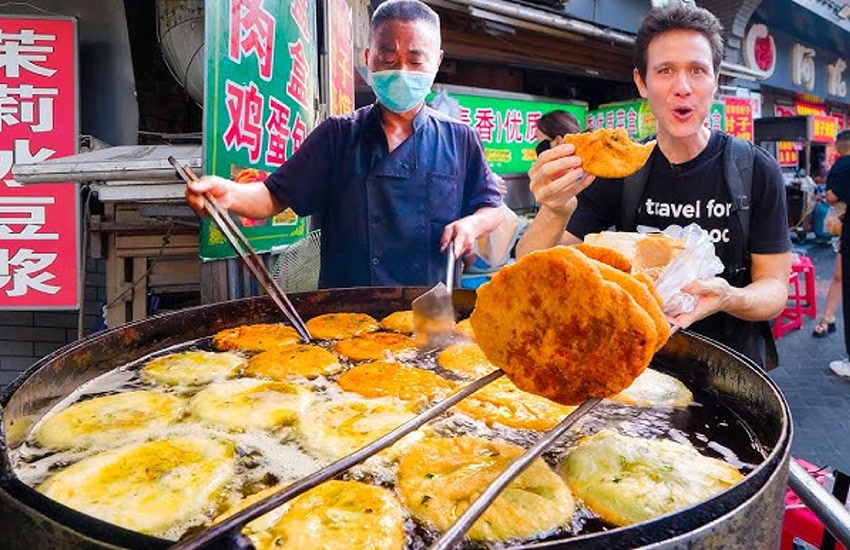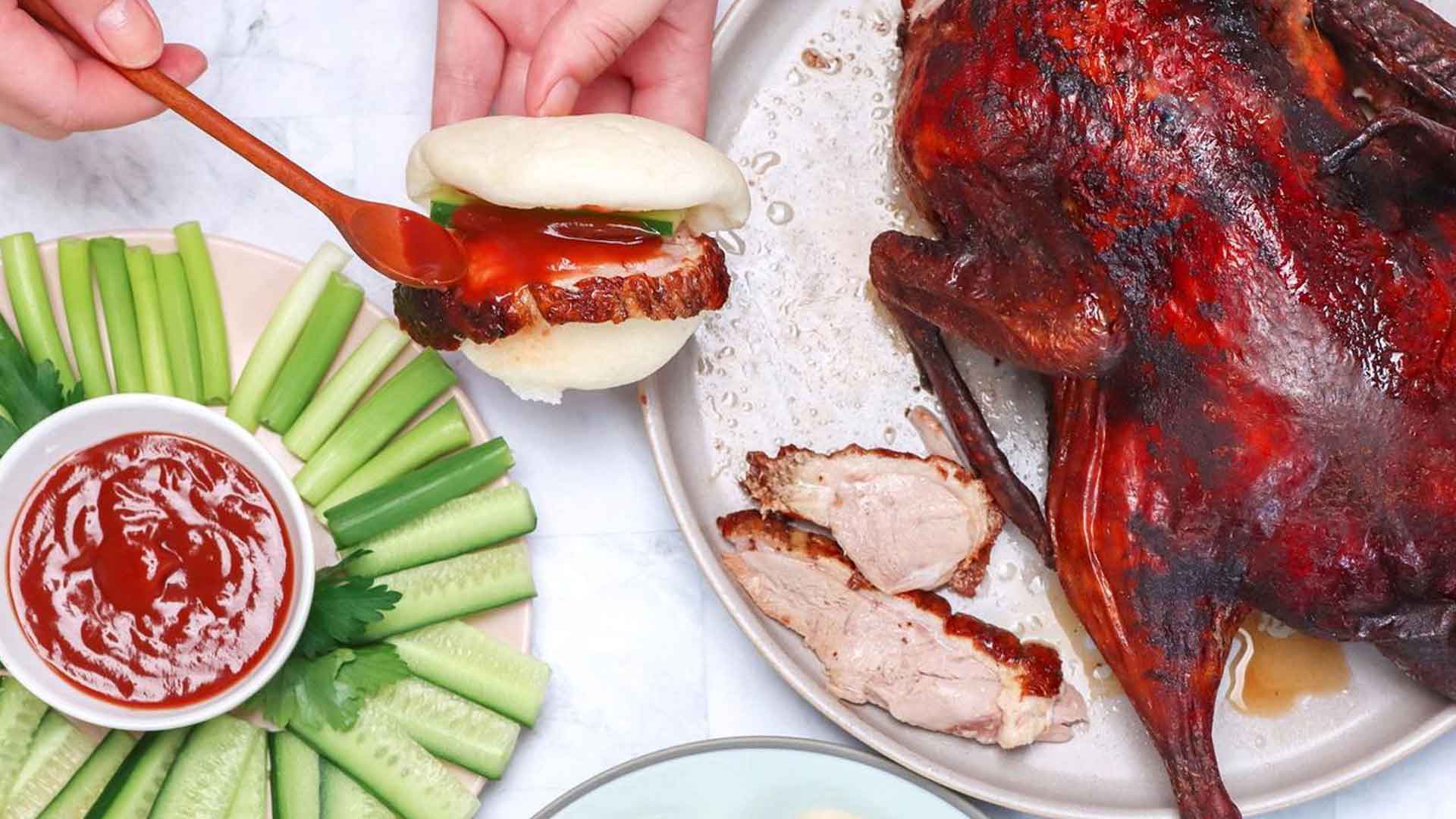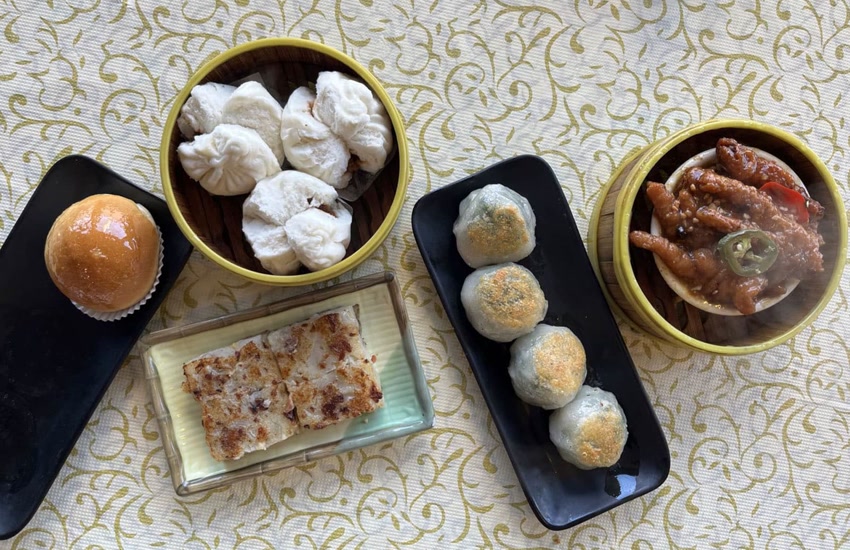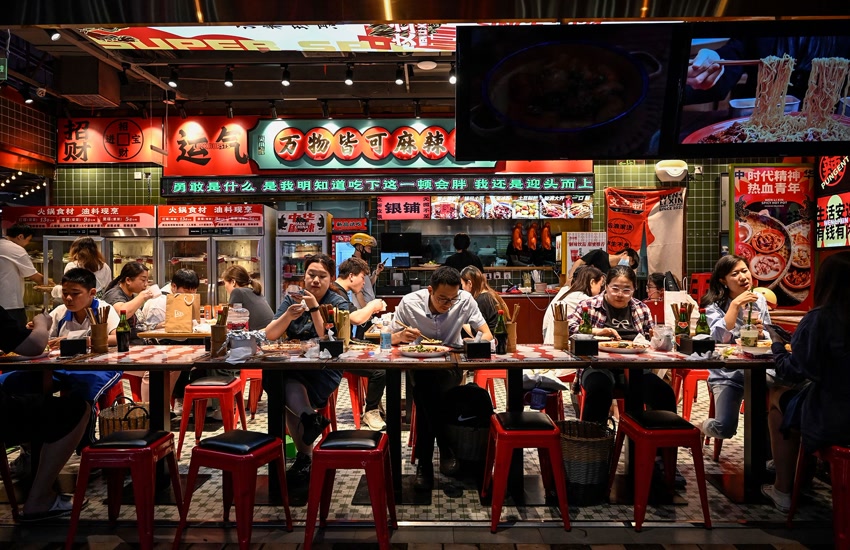
Hey fellow food lovers and travel enthusiasts!
I’m always on the lookout for ways to deepen my connection with a place when I travel, and let me tell you, food is always at the top of my list.
And when it comes to culinary adventures, China holds a special place in my heart (and my stomach!).
Beyond Chopsticks: Mastering Chinese Menu Mandarin for Unforgettable Food Adventures
Unlocking the Menu: Your Passport to Culinary Paradise
Think of a Chinese menu as a treasure map. It holds the key to unlocking a world of incredible flavors and regional specialties. But without a little knowledge, you might just end up ordering the same ol’ sweet and sour chicken you could get back home (no offense, sweet and sour chicken, but we’re here for the real deal!).
The first hurdle? The language barrier, of course. Chinese restaurants often feature menus entirely in Mandarin, or with translations that leave much to be desired (I’ve seen some interesting interpretations over the years!). But don’t let that deter you! Learning just a few key Mandarin terms and recognizing characters for popular dishes can make a world of difference.
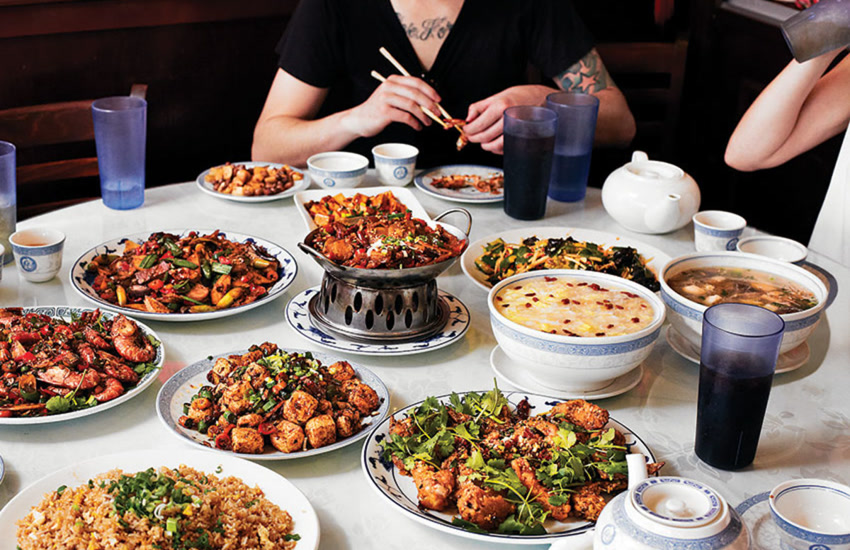
Here’s a little cheat sheet to get you started:
- 北京烤鸭 (Běijīng kǎoyā): Peking duck. This is a MUST-try in Beijing! The crispy skin and succulent meat are truly divine.
- 火锅 (Huǒguō): Hot pot. A communal and interactive dining experience where you cook meats, vegetables, and noodles in a simmering pot of broth. Perfect for a group!
- 饺子 (Jiǎozi): Dumplings. A staple in Chinese cuisine. From boiled to steamed to fried, there’s a dumpling for everyone.
- 面条 (Miàntiáo): Noodles. Need I say more? China is a noodle paradise, with countless variations and regional specialties.
- 米饭 (Mǐfàn): Rice. The foundation of many Chinese meals.
- 辣 (Là): Spicy. Important to know if you’re not a fan of the heat! You can also ask “辣不辣? (Là bù là?)” – “Is it spicy?”
Why bother learning Mandarin for menus?
Because it opens doors! Knowing how to read or say a few dishes in Mandarin often leads to:
| Benefits |
|---|
| Better, more immersive service: Restaurant staff appreciate the effort you’re making to engage with the culture. |
| Access to off-menu specialties: Some restaurants have “secret” dishes that are only offered to those who can order in Mandarin. |
| A deeper understanding of the food: Knowing the meaning behind the dish names can enhance your appreciation for the culinary traditions. |
| A more authentic experience: Let’s face it, ordering in Mandarin just feels cool! |
Iconic & Immersive Dining Experiences: Beyond the Tourist Traps
Dining out in China
Dining out in China isn’t just about satisfying your hunger; it’s a cultural experience that engages all your senses. Forget the sterile tourist restaurants and dive headfirst into the heart of authentic Chinese cuisine!
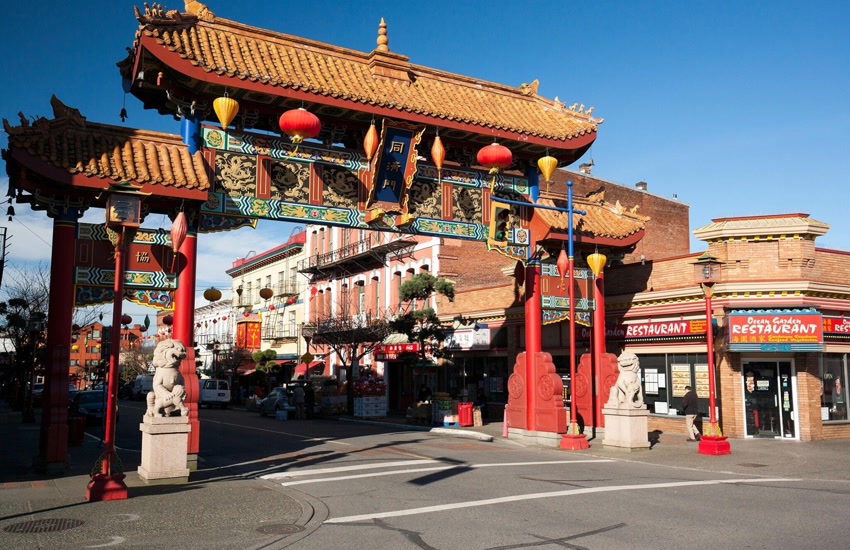
Must Try Experiences
Here are a few iconic and immersive dining experiences you absolutely must try:
Hutong Lunches (Beijing): Imagine yourself nestled in a traditional courtyard home, enjoying a home-cooked meal with locals. This is what hutong lunches are all about! It’s a chance to experience the daily life and flavors of old Beijing.
Dumpling Making Classes (Xi’an): Get your hands dirty and learn the art of making dumplings from scratch! In places like Xi’an, you can find cooking classes that combine hands-on learning with delicious tastings. It’s a fantastic way to deepen your appreciation for regional specialties.
Peking Duck Feasts (Beijing): No trip to Beijing is complete without indulging in Peking duck. Head to renowned restaurants like Da Dong or Quanjude and prepare for a culinary spectacle. The crispy skin, expertly carved tableside, is an absolute delight. Pro tip: Knowing a little Mandarin can help you navigate the extensive menu and order the perfect accompaniments.
Hot Pot Adventures (Sichuan, Northern China): Prepare for an interactive and social dining experience! Hot pot involves cooking meats, vegetables, and noodles in a simmering pot of broth right at your table. Choose your spice level carefully (Sichuan hot pot can be intense!) and enjoy the communal atmosphere.
Regional Exploration (Yunnan, Various): China is a vast and diverse country, and each region boasts its own unique culinary traditions. Try Yunnan cuisine for its bright flavors and unique ingredients, or sample spicy malatang (custom hot pot bowls) at local chains or hole-in-the-wall spots. Don’t be afraid to venture beyond the familiar!
Making It Unforgettable: Tips for a Truly Authentic Experience
So, you’ve learned a few Mandarin phrases, and you’re ready to embark on your culinary adventure. Here are a few more tips to make your dining experiences in China truly unforgettable:
- Menu Mandarin is Your Friend: Even basic Mandarin phrases can unlock friendlier service and deeper connections. Learn how to ask for recommendations (“有什么好吃的? (Yǒu shénme hǎochī de?) – What’s good to eat?”), express dietary preferences (“我不吃肉 (Wǒ bù chī ròu) – I don’t eat meat”), or inquire about spice levels (“辣不辣? (Là bù là?) – Is it spicy?”).
- Embrace the Culture: Don’t be afraid to try new things! Step outside your comfort zone and sample dishes you’ve never heard of before. Talk to the locals, ask questions, and immerse yourself in the vibrant atmosphere.
- Cooking Classes are Key: Participating in regional cooking classes gives you hands-on insight into Chinese culinary artistry and traditions. Imagine learning to make Sichuan peppercorn oil in Chengdu or hand-pulled noodles in Lanzhou!
- Pay Attention to the Atmosphere: Many restaurants enhance the dining experience with traditional décor, gardens, or stunning views. Choose restaurants that offer more than just food; look for places that create a memorable ambiance.
- Don’t Be Afraid to Get Lost (Metaphorically!): Sometimes the best culinary discoveries are made when you wander off the beaten path. Explore local markets, sample street food, and embrace the unexpected.
The Bottom Line: Embrace the Adventure!
Mastering Chinese menu Mandarin isn’t just about ordering food; it’s about connecting with the culture, building relationships, and creating unforgettable memories. It transforms eating out from a tourist activity to a meaningful adventure, letting you taste China’s rich culinary heritage like a local.
So, go forth, be brave, and embrace the delicious world of Chinese cuisine! With a little knowledge and a sense of adventure, you’re sure to have a truly unforgettable dining experience.
Happy eating, friends! And as they say in China, “吃好喝好 (Chī hǎo hē hǎo)!” – Eat well and drink well!
Discover our others food guide:


